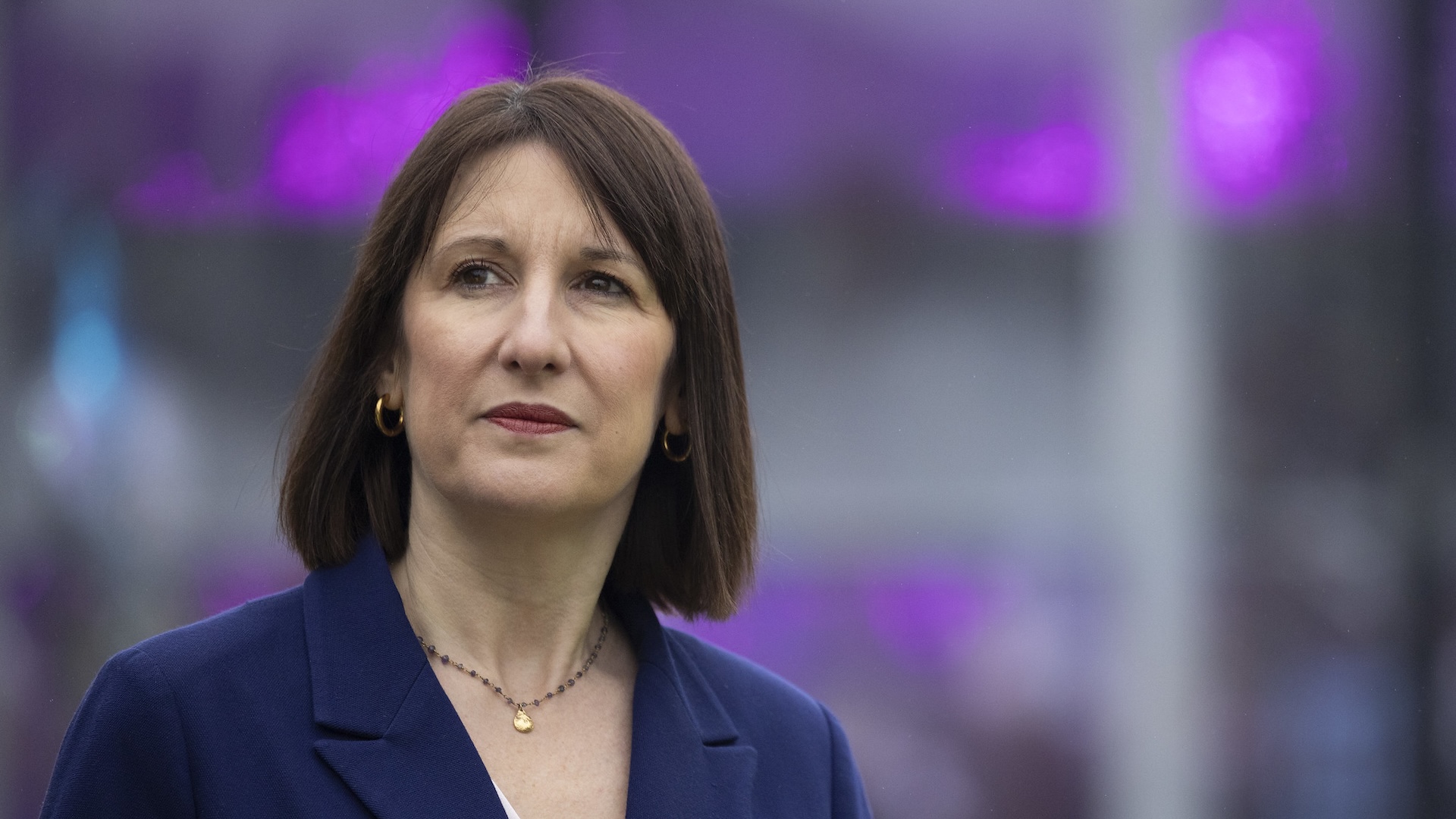Food prices increased by 4.4% in the 12 months up to November 2024, up from 4.1% in November.
This will take a particular toll on low-income households who, on average, spend a greater proportion of their income on essentials like food.
Chancellor Rachel Reeves said she recognised “families are still struggling with the cost of living” and added that she is “fighting to put more money in the pockets of working people”.
The Office for Budget Responsibility predicted that the budget was likely to pick up to 2.6% in 2025 because of the measures announced by Reeves in her autumn budget.
However, the chancellor said that she protected people’s payslips with no rise in national insurance, income tax or VAT, a boost in the national living wage and a freeze to fuel duty.
James Smith, research director at the Resolution Foundation, said: “Britain’s run of disappointing economic data has continued with a second month in a row of chunky inflation rises.
“With headline and core inflation rising over the past month, while domestically driven services inflation is proving stickier than expected, this latest data shows the challenge Britain faces in squeezing inflation out of the economy.”
Annual wage growth accelerated to 5.2% in October, outstripping inflation – which should mean that working households are better able to cope with rising prices.
But there are concerns that Labour has been too focused on “working” households, while people with health conditions and disabilities rely on benefits to survive.
Benefits are only increasing by 1.7% in March, in line with September’s rate of inflation.
The growth in the economy as a whole is “weaker-than-expected”, which experts suggest is driven by high interest rates imposed by the Bank of England to keep inflation down.
Its next decision over interest rates will be made on Thursday, with economists predicting that it will be kept at 4.75%.
Dr George Dibb, associate director for economic policy at IPPR, said: “Today’s higher inflation figures were expected and pose no immediate cause for concern. The rise reflects anticipated price changes and aligns with the Bank of England’s forecasts, which predict a modest increase over the next year before easing in 2026.
“The real concern is the UK’s weaker-than-expected growth, now lagging behind the Bank’s own projections. High interest rates are stifling growth, as we’ve repeatedly warned, and this slowdown is driven by tight monetary policy—not the new government’s policies. The Bank of England must act decisively and cut rates tomorrow to get the UK economy back on track.”
Do you have a story to tell or opinions to share about this? Get in touch and tell us more. This Christmas, you can make a lasting change on a vendor’s life. Buy a magazine from your local vendor in the street every week. If you can’t reach them, buy a Vendor Support Kit.









